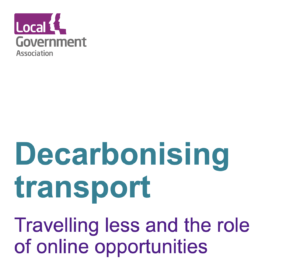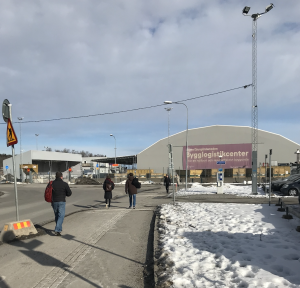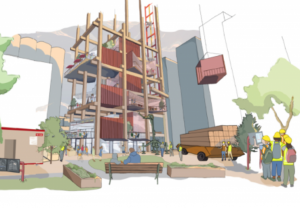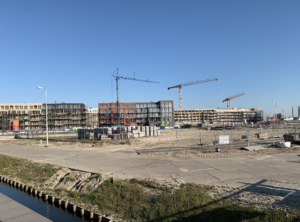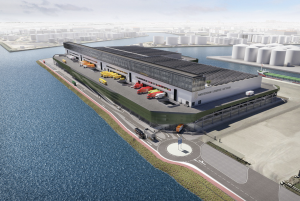The Amsterdam (NL) quay walls: should we stop heavy traffic?
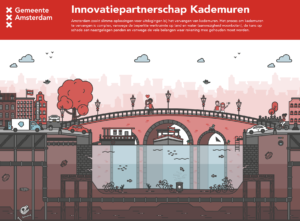
In recent years, several quay walls have collapsed in Amsterdam (NL). The state of the quays is so problematic that an orthodox approach is no longer sufficient. Amsterdam has more than 600 kilometers of public quay wall, of which 200 kilometers are in poor condition. Of those 200 kilometers, 50 kilometers is very bad.

